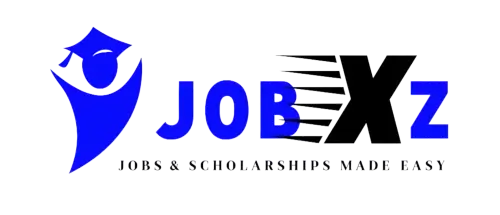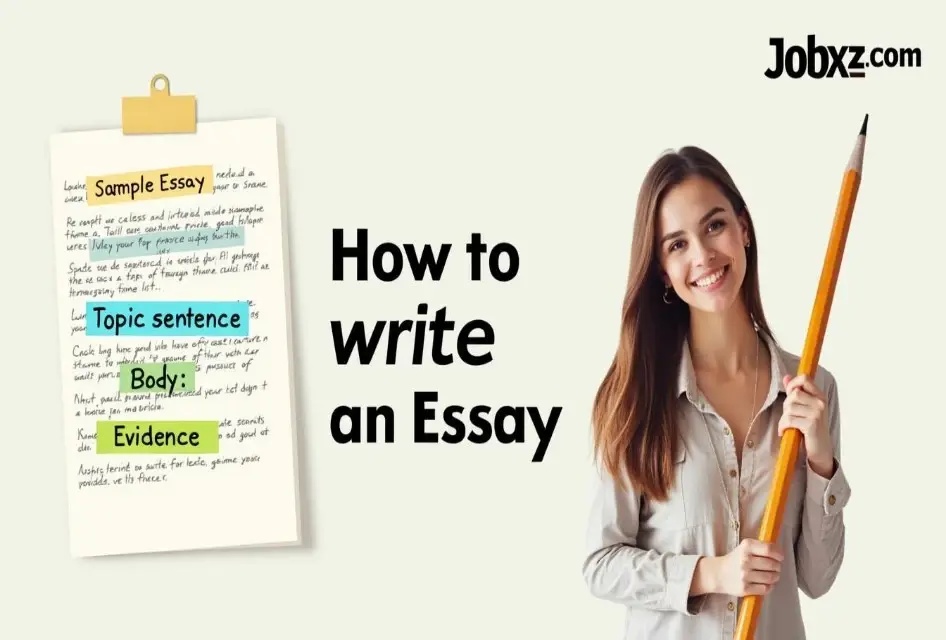
Scholarship checklist : 10 must have Documents
Here is the definitive list of 10 important documents you need to have ready right now, based on recommendations from students who have received full-ride scholarships and professionals who have been on admissions committees
Getting a scholarship can seem like a long, difficult process.There are so many things going on that it's easy to feel overwhelmed and not know where to start. But what if you could walk into it with confidence, knowing you have all the paperwork you need?.
10 Important Papers You Need
In reality, scholarship committees look at thousands of applicants. Those who are organized, ready, and know exactly what they need to do are the ones who do best.
"This is a life-changing opportunity, so you have to take the time to prepare," says a scholarship winner who won five international honors
The Ultimate Scholarship Checklist
A Real International Passport
This is the most basic confirmation of who you are and where you are from. It's usually the first item you'll need, even before you start most applications.
- Why it's important: A passport is the only form of ID that most institutions and standardized testing centers (such as IELTS, TOEFL, and GRE) would accept It shows that you are serious and ready to go if you are chosen
- Pro Tip: Make sure your passport is good for at least six months after the date you plan to start, because embassies routinely turn down visas for passports that are only good for a limited time
Official Academic Records
Your transcript is the official record of your grades, and you can't change it for any scholarship application
- Why it's important: Committees look at your transcript to see how consistent, rigorous, and appropriate you are for their program. It's often seen as more meaningful and complete than just your degree certificate
- Tip: Get in touch with your old schools today to find out how to get official transcripts. Some send "student copies," while others submit documents straight to the institution Don't let a slow administrative process catch you off guard. Check withCommon Appfor guidance
A Strong Statement of Purpose (SOP) or Motivation Letter
This is your tale. This is your chance to get to know the committee on a human level, beyond grades and test scores.
Why it's important: A strong SOP tells the story of your academic journey, why you chose the specific course and university, your professional objectives, and most importantly why you need this scholarship.
It has to tell a story that connects your history to your future
Don't ever replicate a template, though: "Please, please, please do not plagiarize," says one expert Committees employ tools to find plagiarism and want to hear your own voice.
Make each SOP unique to the scholarship and school
Strong Letters of Recommendation (LORs)
These papers show that someone else agrees with your skills, character, and potential
- Why it's important: They give a view of your work ethic, intellectual curiosity, and personal traits that your transcripts and SOP can't
- Pro Tip: Pick somebody to recommend you who know you well, such a professor who oversaw your thesis or a manager from a relevant internship. Give them your CV, SOP, and a list of your most important accomplishments in bullet points to assist them draft a strong and informative letter Don't ever use family members
An Updated and Polished Curriculum Vitae (CV) / Résumé
Your CV is a picture of your whole academic and professional life
- Why it's important: It gives a rapid, full picture of your education, employment history, research, publications, awards, and skills
- Tip: Make sure your CV looks like the ones used in the country you're applying to (for example, the Europass CVfor Europe). Add to it every time you achieve something new, go to a conference, or learn a new skill
Scores on Standardized Tests
You may need to show that you know the language or are ready for school, depending on where you're going and what program you're in
- Common Tests: English Proficiency: IELTS, TOEFL, PTEGraduate Studies:GRE(General), GMAT(for Business schools) For undergraduates: SAT
- Before you book a test, make sure you know what the exact prerequisites are for the colleges you want to go to: If you went to an English-speaking school, some may not require you to take the English test, but you should check with them first
A Well-Organized Plan for Studying or Doing Research
This paper shows that you have a clear, focused plan for your time as a scholar
- Study Plan (Common for Master's): This document describes the classes you want to take, your academic interests, and how the program fits with your career aspirations
- Research Proposal (Necessary for PhDs): It explains your planned study topic, research questions, methods, and the possible effects of your work
- Pro Tip: Prove that you did your research. Talk about how your research fits in with the work of certain professors at the university. This shows that you are truly interested and willing to take the lead
Evidence of Financial Necessity (If Relevant)
You must persuasively show that you need financial help in order to get a need-based scholarship.
- Why it's important: A lot of people who apply don't include enough information One member of the scholarship committee said, "We do get a lot of applicants who don't really show that they need a scholarship"
- Tip: Be honest and clear Tell them about your family's money problems, any special circumstances (such medical bills or family responsibilities), and why you can't pay for your own school
A Professional Email Address and a Reliable Internet Connection
This may sound simple, but it's very important for the application process to go well
Why it's important: All contact, from sending in your application to getting an interview invitation, will be done online.
An email that isn't professional (like coolguy2005@...) can make a bad impression
- Pro Tip: Use your name to make a separate, professional email account for your scholarship applications, like firstname.lastname@gmail.com . Make sure you can get to the internet all the time so you can check for updates and meet deadlines
The Form for Applying for a Scholarship
This is the container that holds all of your papers It needs to be looked at closely
- Why it's important: The quickest way to get turned down is to submit a form that is missing information or has mistakes
- Before you start, make sure you read the whole form: Write your long-answer questions in a different document first to check for spelling and punctuation before copying them in Before you hit "submit," make sure you have uploaded all of the required documents in the right format
Last Word: Being Ready is Powerful
All of the successful scholarship winners had one thing in common: they planned ahead very carefully.
By getting these 10 documents together and making them excellent before the application deadlines, you turn a frantic rush into a planned and confident approach.
As one scholar who was turned down more than ten times before obtaining five fully-funded grants said,. "This should be a learning experience" Get ready today so that when the chance to change your life comes along, you'll be ready to take it.
Reminder: Start gathering these documents now and verify requirements atCollegeDataSet reminders for deadlines!






